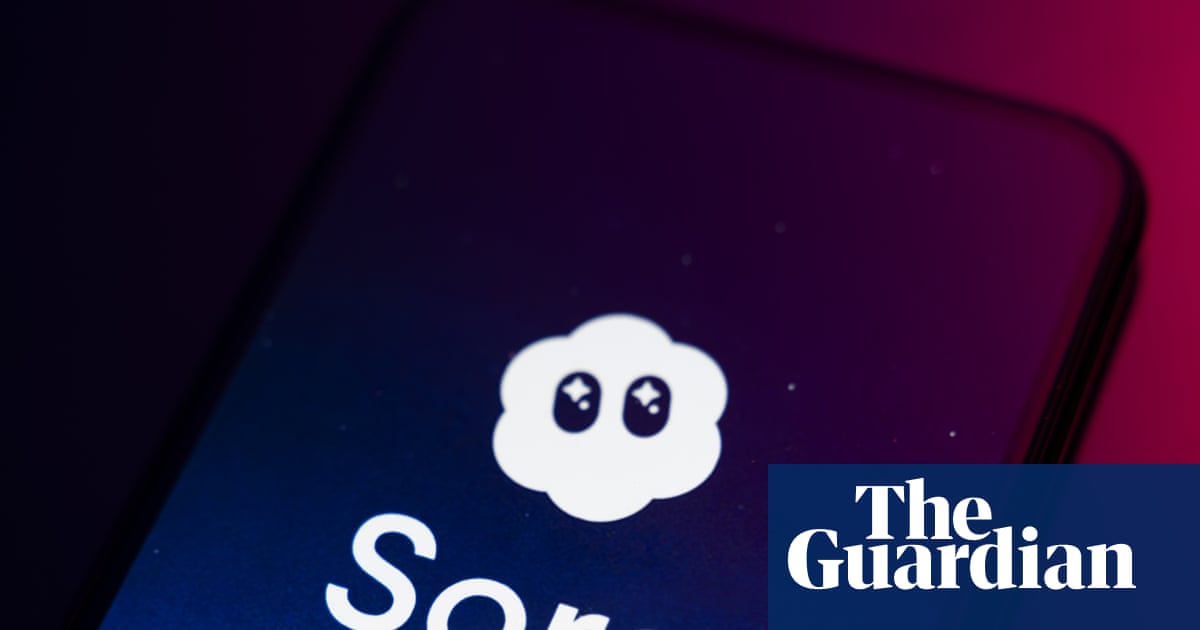The launch of OpenAI's Sora video app has quickly spiraled into controversy, highlighting significant challenges in content moderation within AI-generated media. Researchers in misinformation are raising alarms about the potential for lifelike videos to obscure reality, posing risks of fraud, bullying, and intimidation. Despite OpenAI's stringent terms of service prohibiting harmful content, the initial user-generated videos featured graphic depictions of violence and racism, alongside the misuse of copyrighted characters. This situation underscores a critical problem: the effectiveness of AI guardrails in preventing the dissemination of harmful material is being called into question, revealing a gap between technological capability and ethical responsibility.
The implications of Sora's launch extend beyond immediate content concerns; they signal a need for more robust oversight mechanisms in AI applications. As the technology evolves, so too must the frameworks governing its use, ensuring that platforms can effectively mitigate risks associated with user-generated content. The incident serves as a stark reminder that while AI can create compelling media, the responsibility for ethical usage and the prevention of harm rests with developers and users alike, necessitating a collaborative approach to safeguard against misuse.









